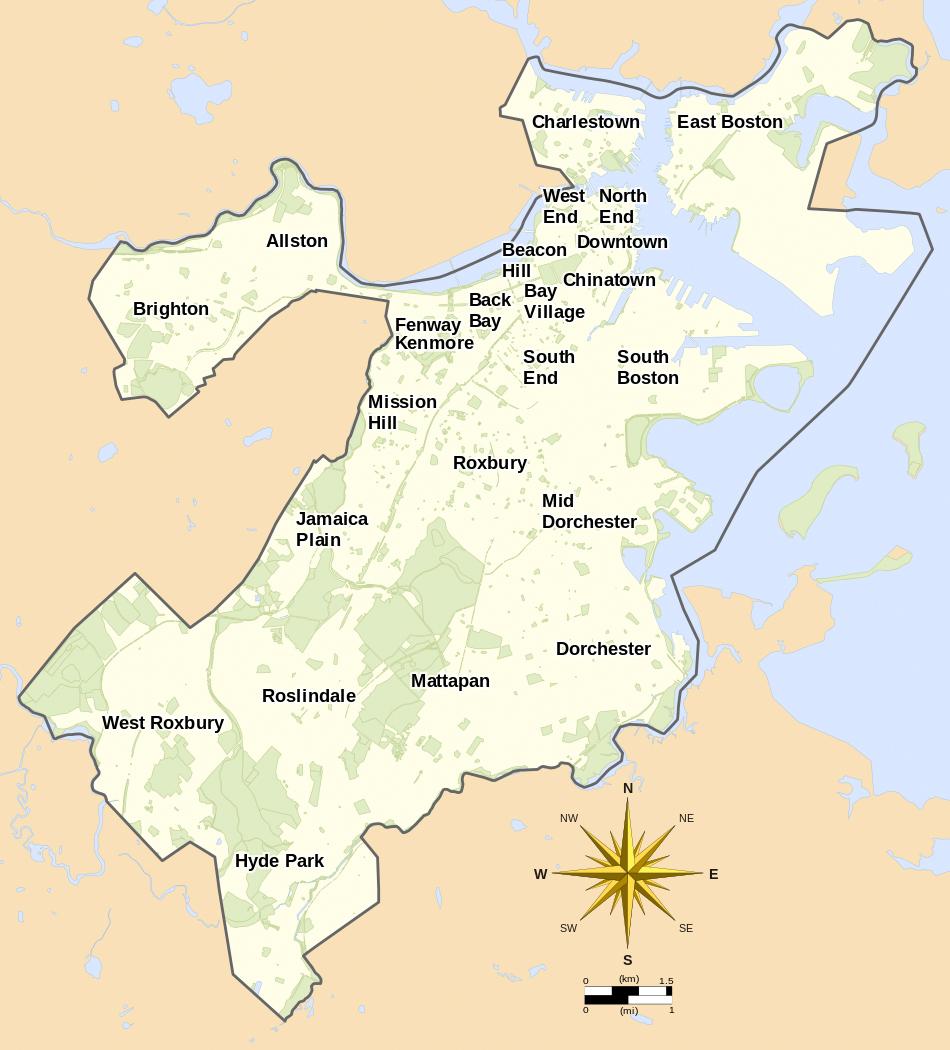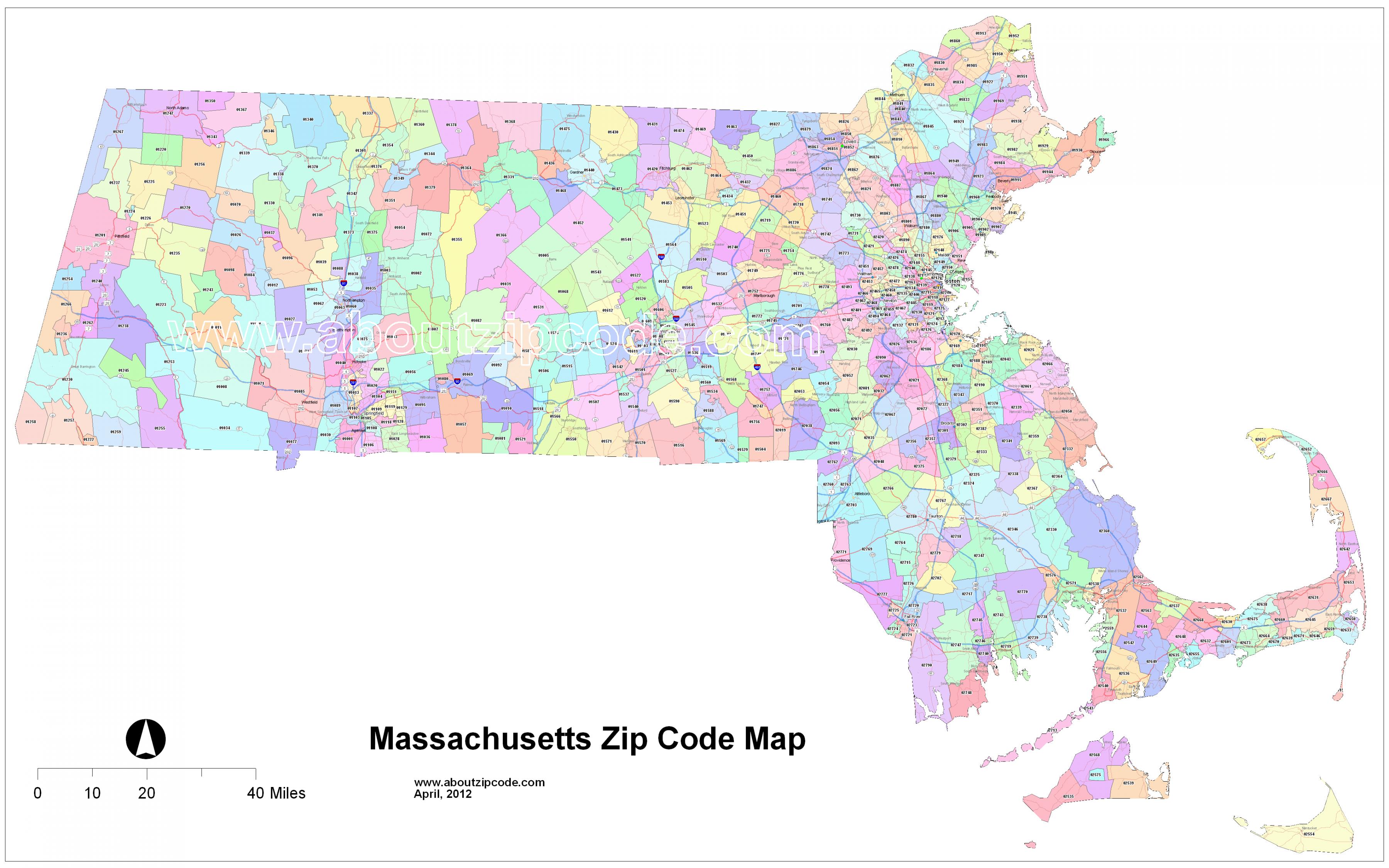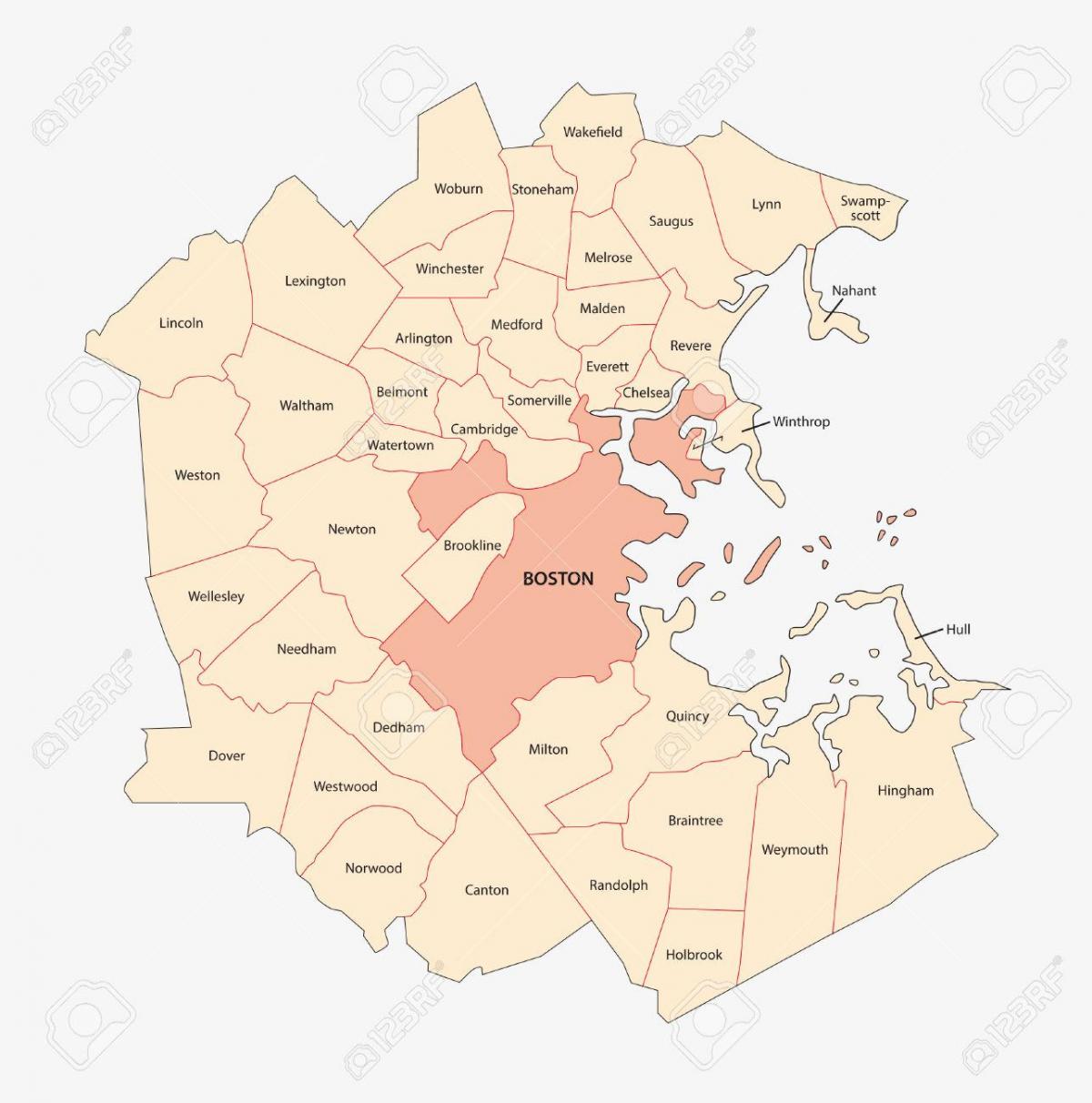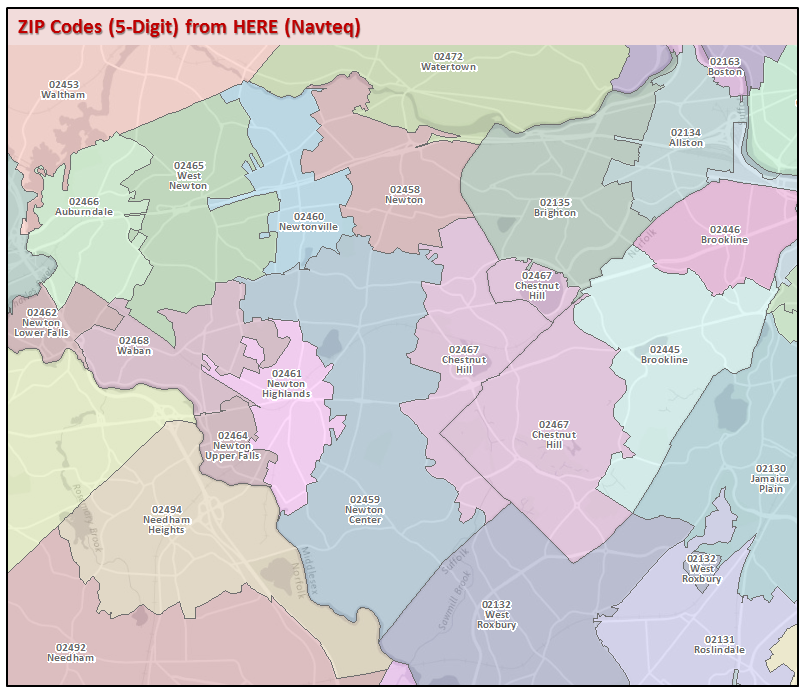Ever wondered why Boston's area code is such a big deal? Well, buckle up, because we're about to take you on a journey through the vibrant world of telecommunications in Beantown. From its historical roots to its modern-day significance, Boston's area code plays a crucial role in shaping the city's identity. So, let's dive right in and explore what makes this three-digit number so special!
Think of area codes as the city's calling card. They're more than just numbers; they're a reflection of culture, community, and connection. Boston's area code, in particular, has a story to tell. It's not just about dialing a number—it's about tapping into a network of history, innovation, and progress.
Before we get into the nitty-gritty, let's set the stage. Boston isn't just any city. It's a hub of education, technology, and culture. And its area code? Well, it's like the city's secret handshake, connecting people across neighborhoods and beyond. Ready to learn more? Let's go!
Read also:Lisa Sapolsky The Remarkable Journey Of A Brilliant Educator
Understanding the Basics of Area Codes
First things first, what exactly is an area code? Simply put, it's a three-digit number assigned to specific geographic regions to help route calls efficiently. Think of it as the postal code for phone lines. Area codes were introduced back in the 1940s as part of the North American Numbering Plan (NANP), which aimed to simplify the growing complexity of telephone networks. And guess what? Boston's area code has been around since the very beginning.
But why does it matter? In today's digital age, where cell phones and VoIP dominate, you might think area codes are becoming obsolete. However, they still hold significant value, especially when it comes to local identity and community ties. For Boston, its area code is more than just a number—it's a symbol of pride.
The Birth of Boston's Area Code
Historical Context
Boston's area code, 617, was one of the original codes assigned in 1947. At the time, the city was booming with innovation and growth, and the need for a dedicated code was evident. The introduction of 617 marked a new era of communication for the city, paving the way for advancements in technology and connectivity.
Interestingly, the choice of 617 wasn't random. Back then, area codes were assigned based on population density and geographic size. Boston, being a major metropolitan area, naturally warranted its own unique code. And boy, did it deliver!
Expanding Beyond 617: The Rise of Overlay Codes
As Boston continued to grow, so did the demand for phone numbers. Enter overlay codes—additional area codes introduced to accommodate the increasing need for lines. In 1997, the 857 overlay was introduced to complement 617, allowing both codes to coexist within the same geographic region. This move ensured that Boston could keep up with its rapid expansion without sacrificing its iconic 617 roots.
But what does this mean for residents? Essentially, it means that if you're calling within Boston, you might encounter either 617 or 857. Both codes serve the same area, so don't sweat it if you see a number starting with either prefix.
Read also:Vanessa Kirby Husband A Closer Look At Her Love Story
Why Boston's Area Code Matters
Cultural Significance
For many Bostonians, their area code is more than just a number—it's a badge of honor. It represents a connection to the city's rich history and vibrant community. Whether you're a lifelong resident or a newcomer, having a 617 or 857 number instantly identifies you as part of the Boston family.
- Local Identity: Area codes help foster a sense of belonging and community.
- Business Growth: For companies, having a local area code can enhance credibility and trust with customers.
- Historical Pride: Boston's area code is a nod to its storied past and ongoing evolution.
Telecommunications in Boston Today
In 2023, Boston's telecommunications landscape is as dynamic as ever. With advancements in technology and the rise of mobile communication, the role of area codes has evolved. However, their importance remains unchanged. From landlines to smartphones, the 617 and 857 prefixes continue to serve as a vital link in the city's communication network.
Moreover, the integration of VoIP services and virtual numbers has added a new layer of complexity to the mix. While these technologies offer flexibility and convenience, they also highlight the enduring relevance of traditional area codes in maintaining local connections.
Common Myths About Area Codes
Debunking Misconceptions
There are plenty of myths surrounding area codes, and Boston's is no exception. Let's clear the air on a few common misconceptions:
- Myth #1: Overlay codes mean higher call rates. Fact: Calls within the same geographic region are still considered local, regardless of the prefix.
- Myth #2: Area codes determine phone quality. Fact: The quality of your call depends on your service provider, not the area code.
- Myth #3: New area codes signal a decline in the old ones. Fact: Both codes can coexist peacefully, serving the same region.
How Area Codes Impact Business and Marketing
For businesses in Boston, having a local area code can make a world of difference. It signals trust, reliability, and a commitment to the community. Customers are more likely to engage with companies that have a familiar number, making area codes a valuable asset in marketing strategies.
Additionally, area codes can play a role in SEO and online visibility. Including your local code in contact information and website content can help improve your search rankings, especially for users searching within a specific geographic region.
The Future of Boston's Area Codes
Trends and Predictions
As technology continues to evolve, so too will the role of area codes. While the rise of virtual numbers and global communication platforms may seem like a threat to traditional codes, they actually complement them. Area codes will remain a crucial part of local identity, even as the world becomes increasingly interconnected.
In the coming years, we may see more overlays introduced to accommodate Boston's growth. However, the core significance of 617 and 857 will endure, serving as a reminder of the city's rich history and vibrant present.
Fun Facts About Boston's Area Codes
Here are a few interesting tidbits about Boston's area codes that might surprise you:
- Boston was one of the first cities in the U.S. to receive an area code.
- The 617 prefix is often associated with prestigious institutions like Harvard and MIT.
- Overlay codes like 857 have helped preserve the original 617 identity while accommodating growth.
Conclusion: Why Boston's Area Code Matters to You
From its humble beginnings in the 1940s to its current status as a symbol of innovation, Boston's area code has come a long way. Whether you're a resident, a business owner, or simply someone interested in telecommunications, understanding the significance of 617 and 857 can enhance your connection to the city.
So, the next time you dial a Boston number, take a moment to appreciate the history and culture behind those three digits. And don't forget to share this article with your friends and family! Together, let's celebrate the enduring legacy of Boston's area codes.
Table of Contents
- Understanding the Basics of Area Codes
- The Birth of Boston's Area Code
- Expanding Beyond 617: The Rise of Overlay Codes
- Why Boston's Area Code Matters
- Telecommunications in Boston Today
- Common Myths About Area Codes
- How Area Codes Impact Business and Marketing
- The Future of Boston's Area Codes
- Fun Facts About Boston's Area Codes
- Conclusion: Why Boston's Area Code Matters to You



